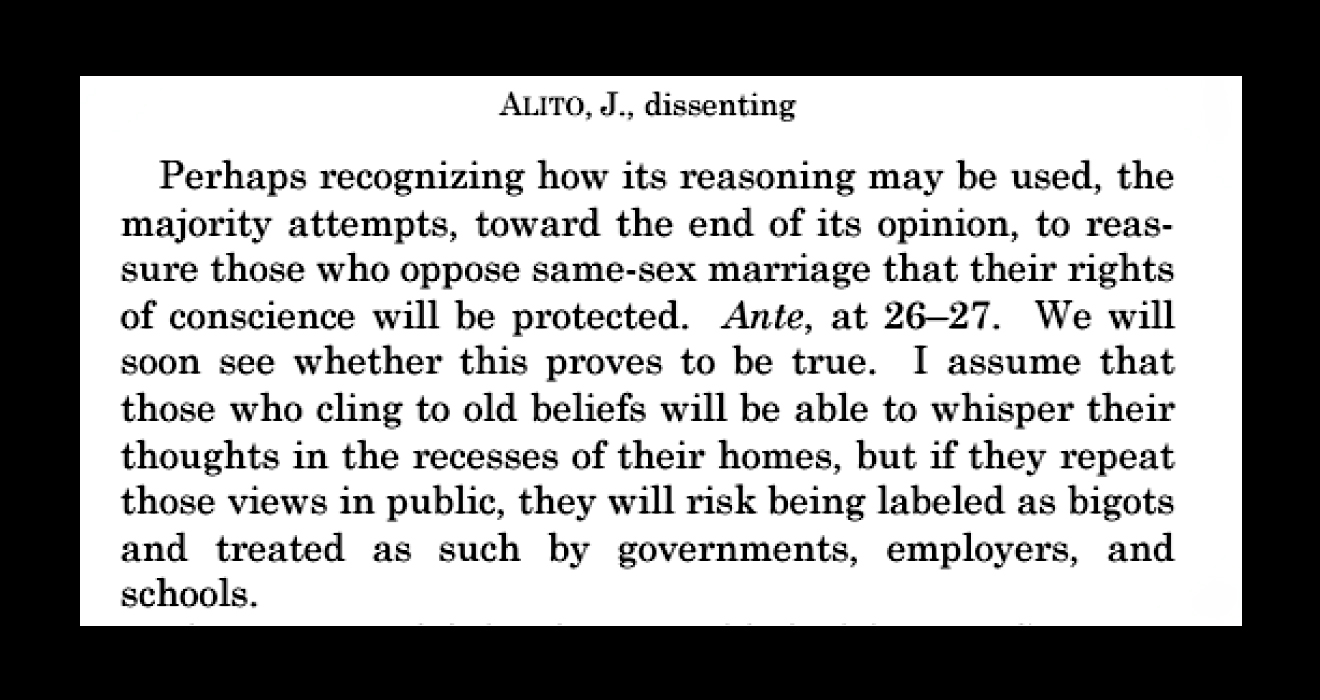

Source: Frederick Burr Opper, Puck 11 May 1881: 178. Library of Congress, http://www.loc.gov/item/90707487/. Photoshopped.
Precedent:


Source: Frederick Burr Opper, Puck 11 May 1881: 178. Library of Congress, http://www.loc.gov/item/90707487/. Photoshopped.
Precedent:
The economic historian and conservative policy intellectual Niall Ferguson was in the news in an embarrassing way on May 4, 2013. Speaking to a conference of financial advisers, Ferguson had opined that Keynesian economists ignore the long-term consequences of their doctrine because Keynes himself was a childless homosexual with no concern for the future. Keynes was married to a ballerina, Ferguson sneered, and he probably spent his evenings with her in conversation about poetry.
Ferguson had been talking that way about Keynes, in conversation and in print, for at least twenty years.
But twenty years ago there were few blogs and no Twitter, and attitudes toward homosexuality were different. Facing real damage to his reputation as of 2013, Ferguson apologized. “As those who know me and my work are well aware,” he wrote, “I detest all prejudice, sexual or otherwise.”
http://www.bbc.co.uk/news/uk-22417231
The full text of Ferguson’s statement of detestation is longer, but nowhere does it mention anything about the evenings that Lord Keynes spent with his Lydia and his copy of The Golden Treasury. Perhaps it should have, though. So here you are, Professor Ferguson, absolutely free: a statement about poetry from book 1 of “Asphodel, That Greeny Flower,” a poem by the heterosexual American poet William Carlos Williams.
“Asphodel, That Greeny Flower” is a poem about old age, written in old age. By the time Williams wrote it, a stroke had damaged the muscles of his eyes and left him unable to track long lines of verse. So he invented a new verse form, one whose rhythm was adapted to the constraints of a line stepped down the page. It was a new verbal architecture, meant to endure into the long term.
And Niall, you can bank on it.